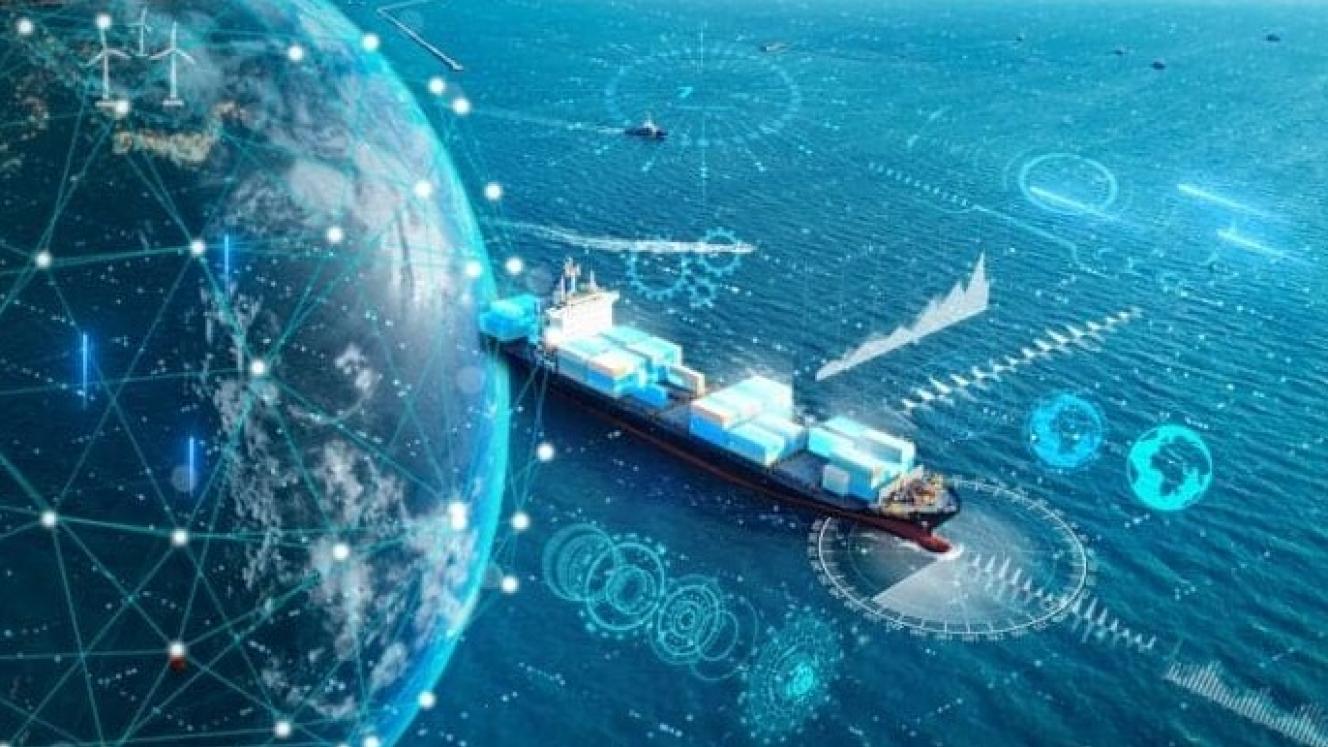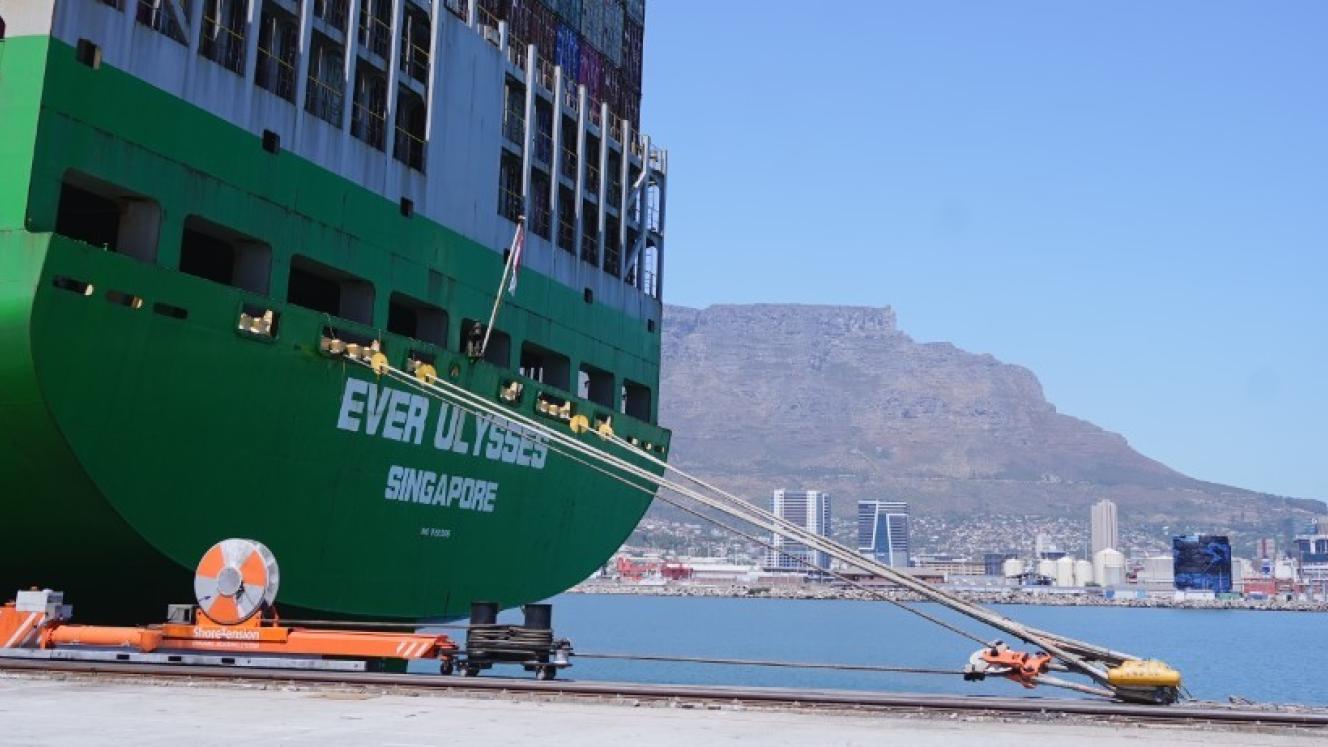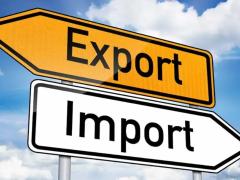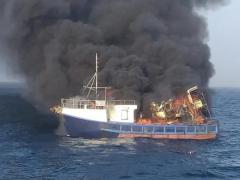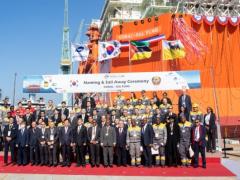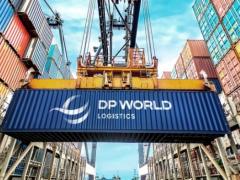The possible erosion of human oversight because of overreliance on artificial intelligence has been cited as one of the adoption challenges facing AI in the maritime industry.
According to research conducted by Dubai-based software service provider Marcura, the most striking findings from the research relate to human concerns around AI adoption.
While 82% viewed AI as beneficial, two-thirds worried that overreliance could erode human oversight, said the research, titled: “Beyond the Hype: What the Maritime Industry Really Thinks About AI and Where They're Making It Work."
Janani Yagnamurthy, vice president of analytics and market research at Marcura, says that this is not technophobia.
Rather, it reflects a legitimate recognition that decisions in shipping carry significant financial and safety implications.
Giuseppe Oliveri, director at d'Amico shipping company, said: "In the shipping industry, there is still a strong sense of the person, of face-to-face relationships, and not just the computer."
Maritime deals depend on personal trust, reputation and real-time judgement honed over years of experience, Yagnamurthy has said.
The concern is not that AI will assist with decisions, but that it could supplant the relationship dynamics that make deals succeed.
The research indicates that 70% of respondents believe AI should recommend actions, while humans make the final decisions.
A clear example of this balance in practice can be seen during the pre-fixture process. A chartering manager compares a working charter party with their base template to ensure nothing important has been overlooked or unfavourable terms accepted.
AI can scan the document in seconds, flagging four critical clauses that were missing, issues that could have resulted in $120 000 in losses.
However, AI does not make the decision; it highlights the risk. Armed with this insight, the chartering manager negotiates the terms before signing. Expertise and judgement remain human, while the administrative burden of line-by-line contract review shifts to AI.
Yagnamurthy told The Maritime Executive that AI accelerated expert judgement rather than replacing it, and made escalation straightforward when cases fell outside the trained context.
